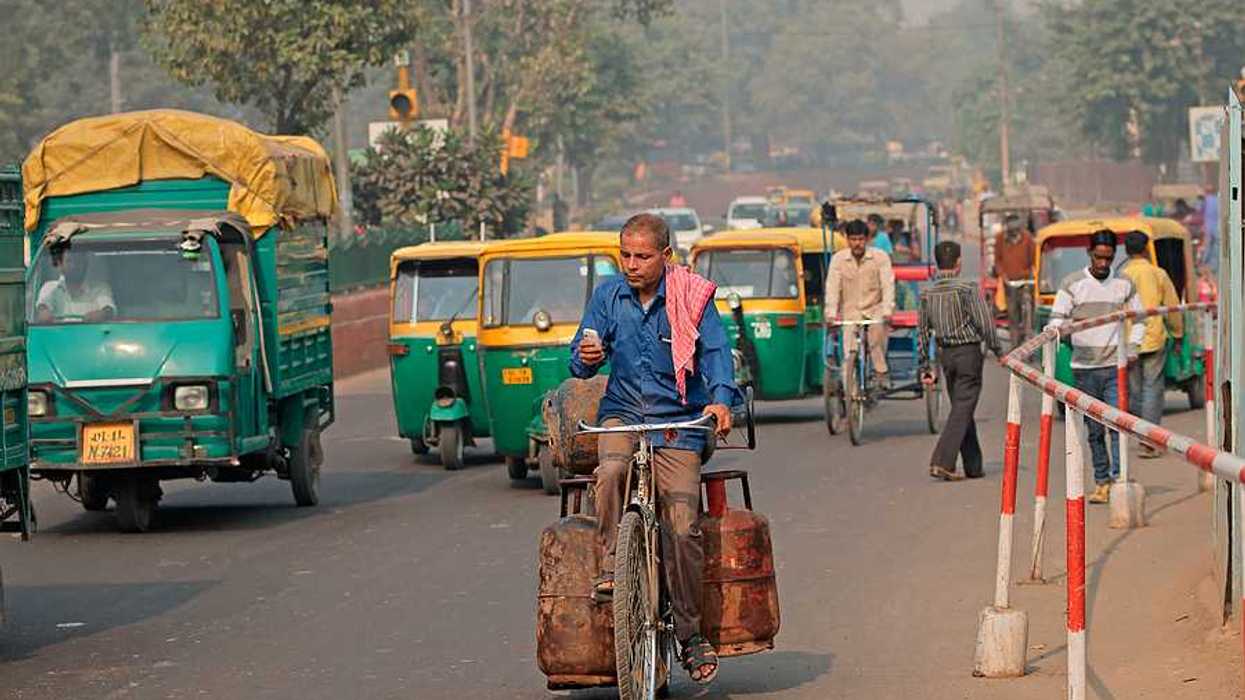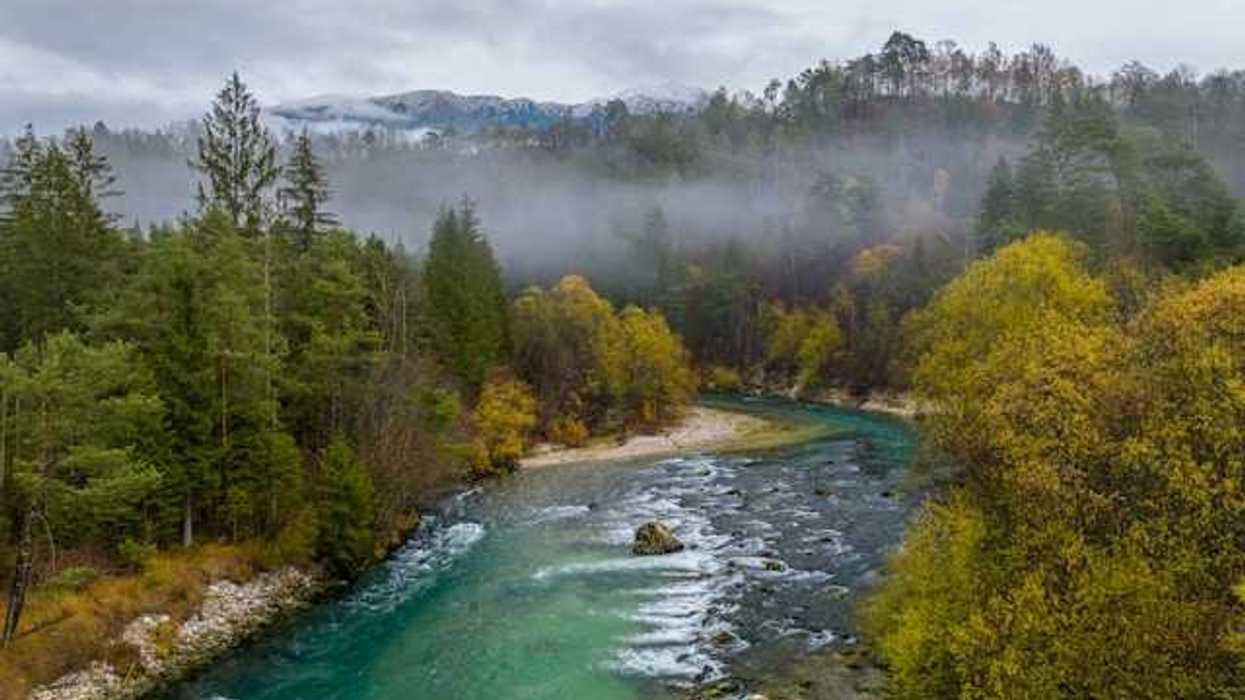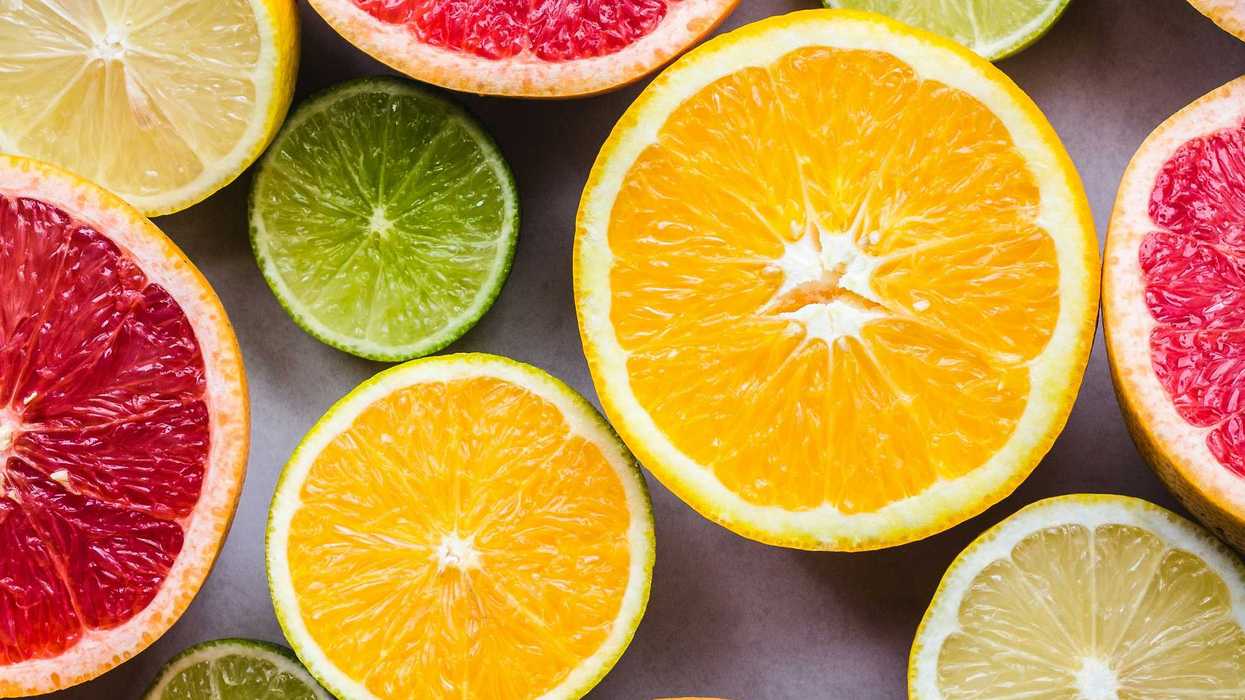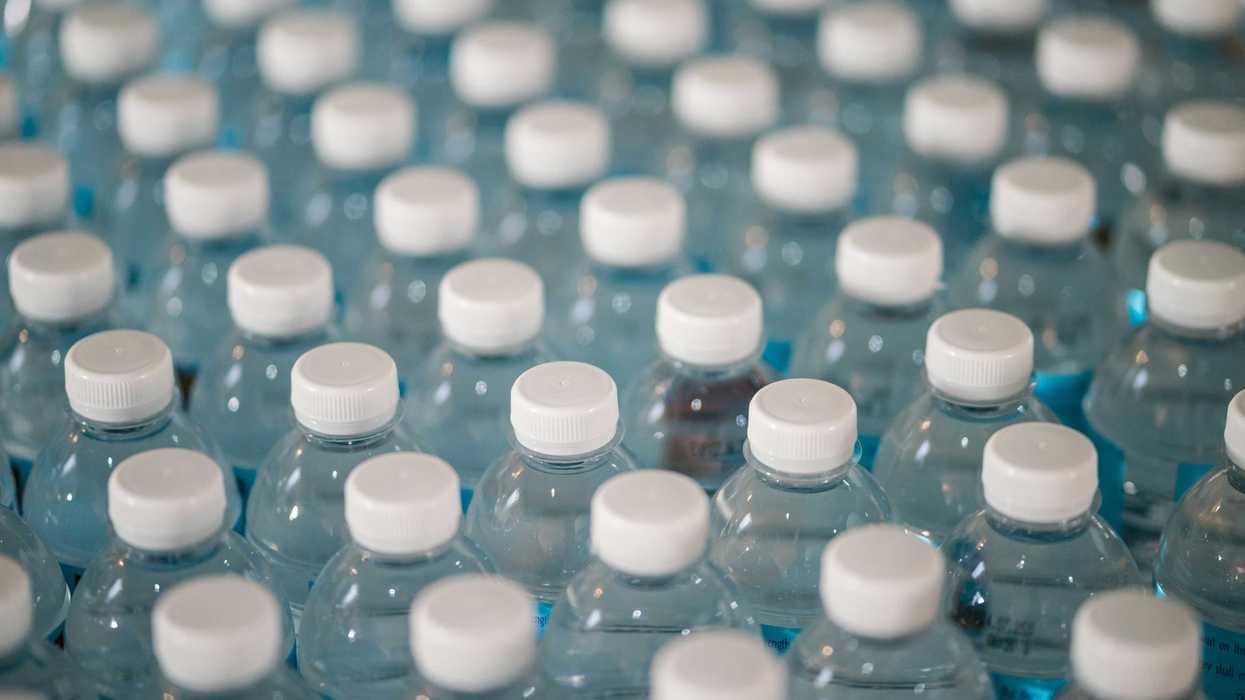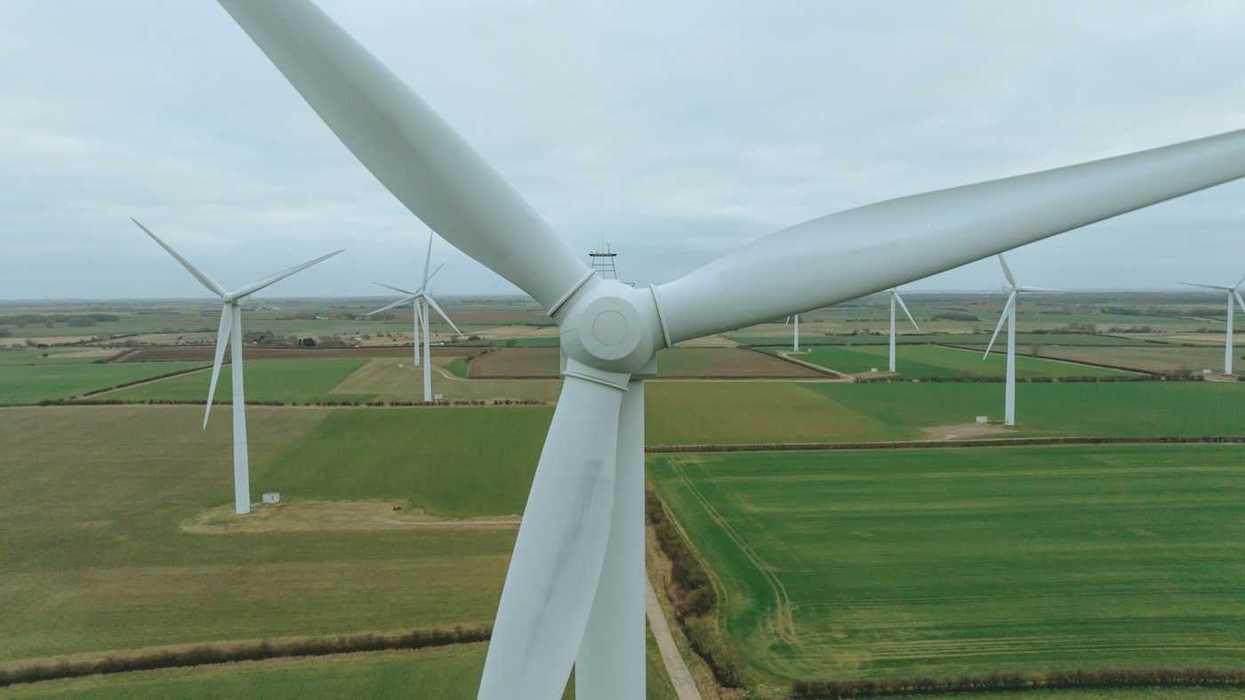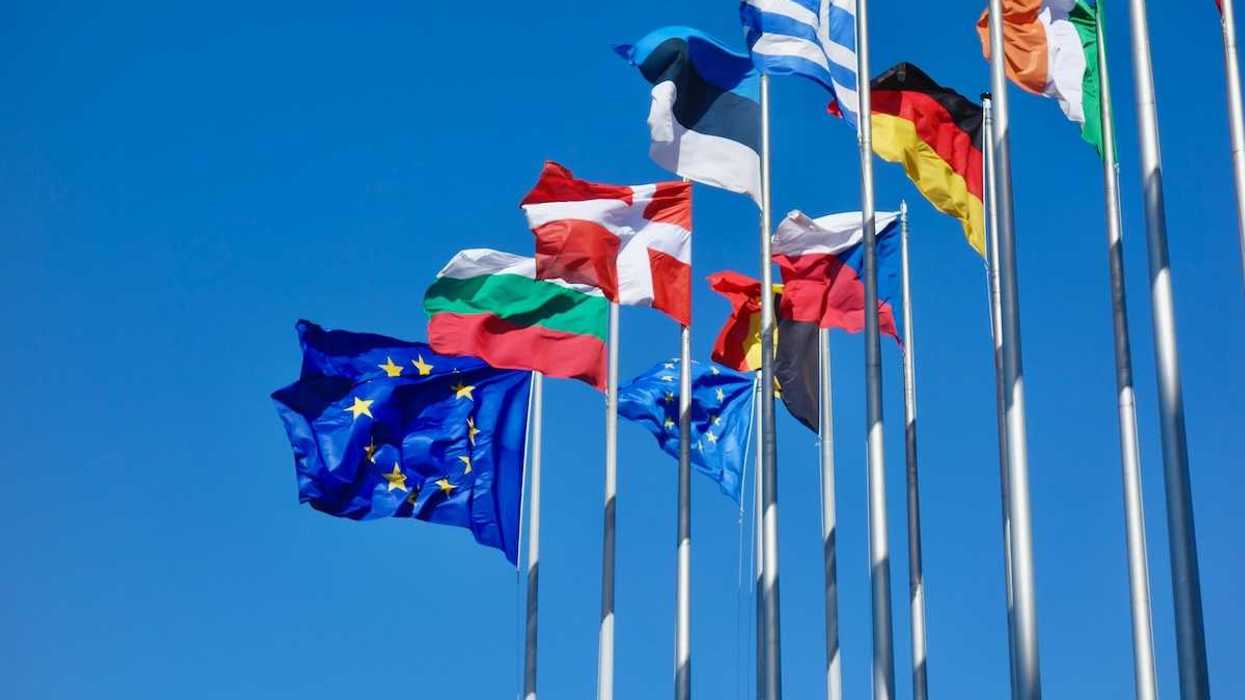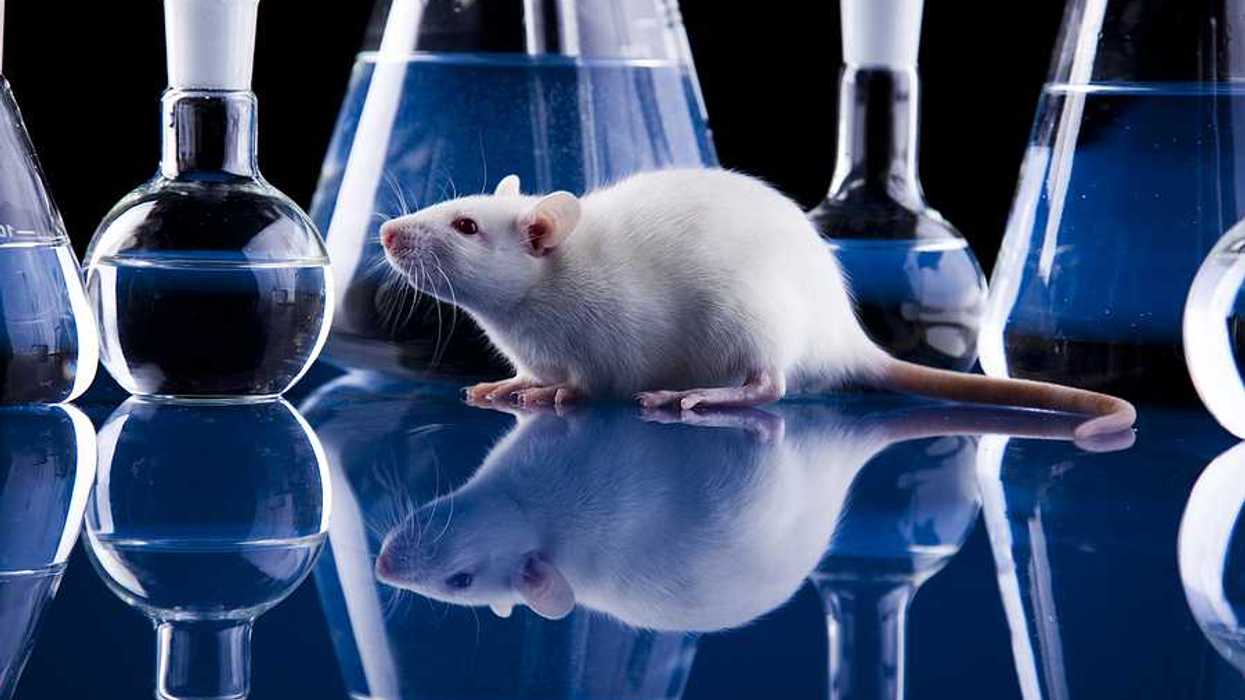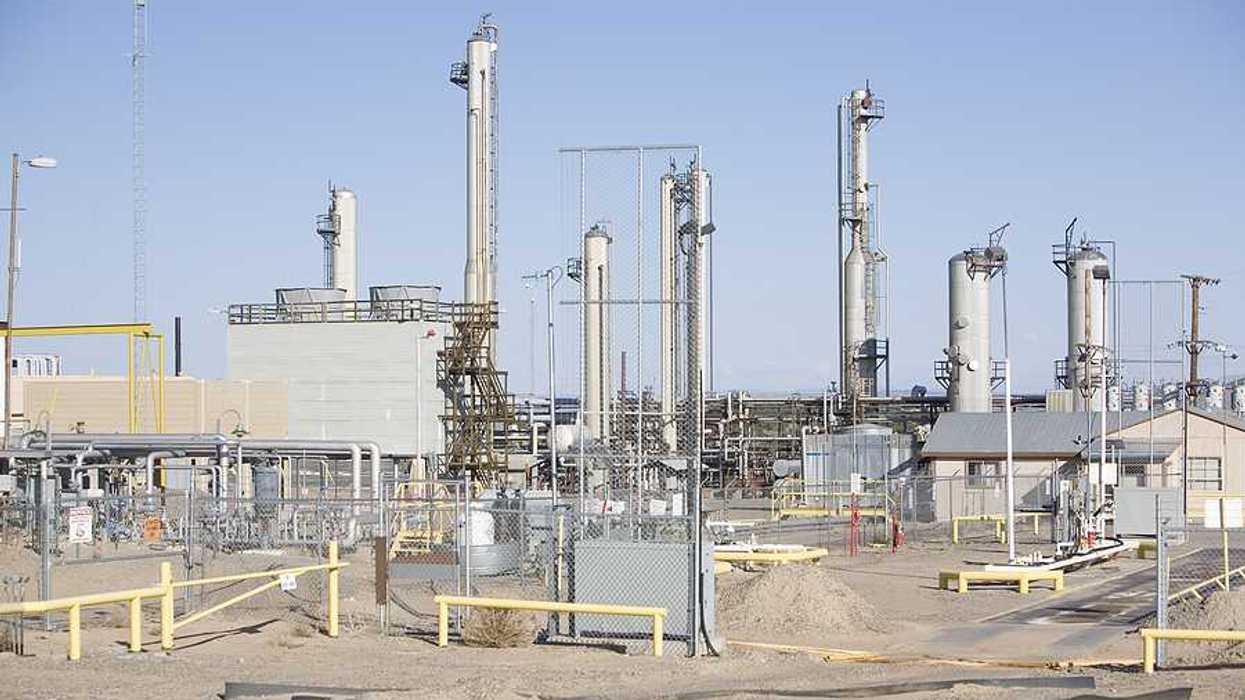A surge in migration through the Darién Gap is polluting rivers and threatening Indigenous communities' way of life in one of the world's most pristine rainforests.
Luke Taylor reports for The Guardian.
In short:
- More than half a million migrants now cross the Darién Gap annually, leaving behind plastic waste and polluting rivers with human waste.
- Indigenous leaders warn that contamination has made local rivers unusable for drinking, washing and fishing, leading to sickness.
- The influx of money from smuggling has eroded traditional economies, with many turning to work in the migrant trade.
Key quote:
“It’s worrying because we depend on our local ecosystem for everything. It’s our source of life.”
— Yenairo Aji, community leader in Nueva Vigía
Why this matters:
The environmental toll on the Darién Gap threatens both biodiversity and Indigenous livelihoods. Contaminated rivers are endangering health, while the shift to a migrant-driven economy is eroding local traditions and sustainability.
Related: Climate change is erasing crucial Indigenous languages


